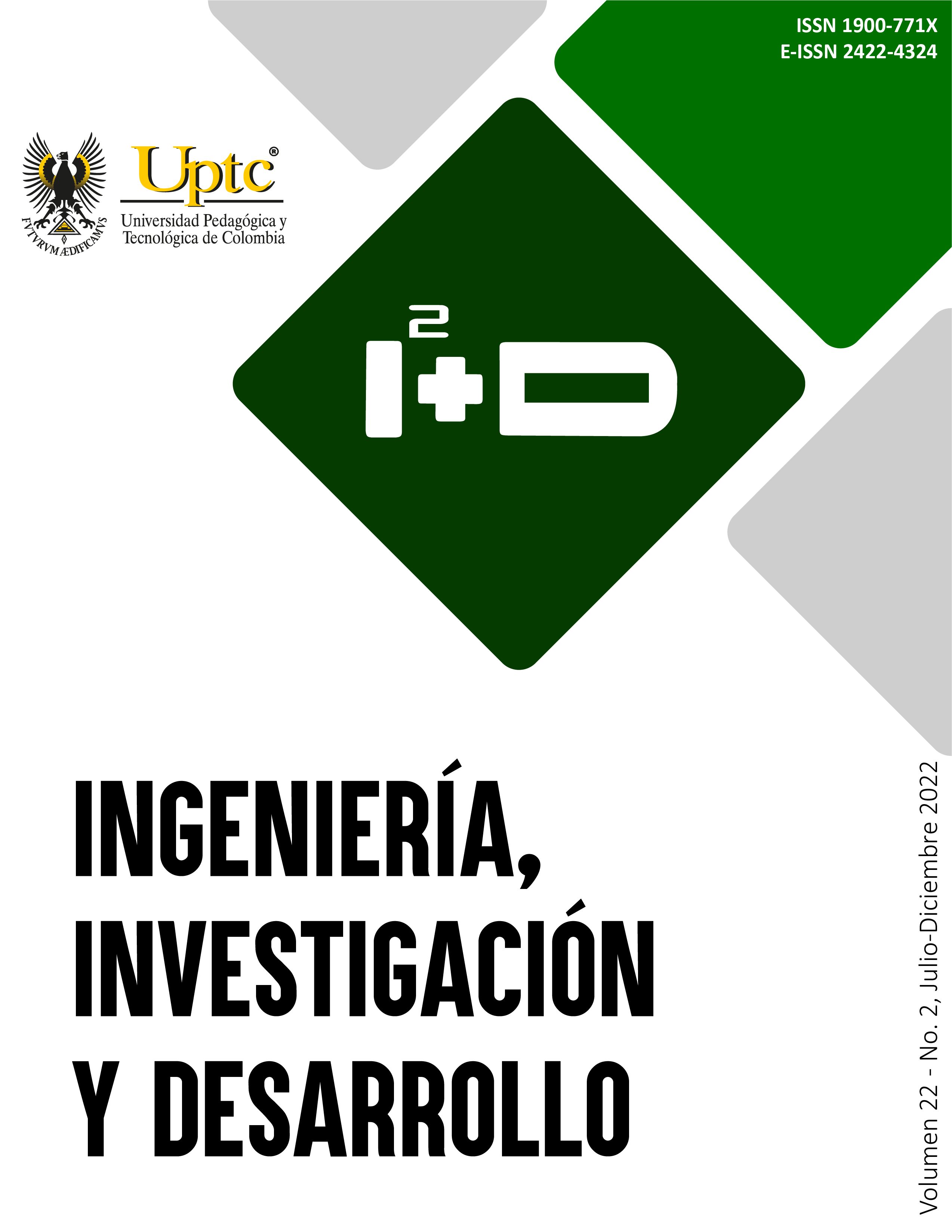Rethinking Engineering in Social Projects: Contributions from anthropology based on the experience of “Ingeniería Sin Fronteras – Argentina”

Abstract
In the contemporary world, several social and development projects demand the participation of engineering professionals.
Although, universities do not usually train technical professionals with an integral profile to work in interdisciplinary teams
with perspectives that benefit the understanding of complex social problems. In this article, we seek to question the representations and practices of engineering from the contributions of social anthropology and the gender perspective based on the work experience at “Ingeniería Sin fronteras- Argentina”. We understand that in social projects some
disciplinary paradigms such as verticality, coloniality and the supposed technological neutrality are put in tension. In this
way, we look forward to contributing to the debate on the role of engineering in society and the question of finding other ways to design and implement technological solutions in contexts of high social vulnerability.
Keywords
anthropology, development, gender, engineering, interdiscipline
Author Biography
Natalia Zlachevsky
Natalia Zlachevsky. Es Licenciada y Profesora en Ciencias Antropológicas con orientación sociocultural (UBA). Actualmente escribiendo su tesis de Maestría en Género, Sociedad y Políticas Públicas (FLACSO Argentina). Se formó en comunicación para las organizaciones sociales (Universidad Austral) y cursó seminarios de posgrado en Antropología aplicada y Antropología del diseño. Es co-fundadora de la Asociación Civil Ingeniería Sin Fronteras Argentina (ISF-Ar), donde trabaja en la coordinación general en el área de Formación e incidencia. Fue docente en la cátedra Antropología Social y Cultural, en la carrera de Trabajo Social (UNM) por ocho años. Es coordinadora académica y docente de la diplomatura Gestión estratégica de proyectos sociales: hacia el desarrollo sostenible (ISF-Ar - UTN FRBA). Ha sido convocada por la Universidad de Buenos Aires para dar su aporte sobre cambios en los programas curriculares de las carreras de ingeniería y por ISF Francia para compartir su enfoque sobre el rol social de la ingeniería. Participó como expositora en eventos organizados por la cátedra UNESCO Mujer, Ciencia y Tecnología en Argentina. Ha publicado artículos académicos en revistas de Argentina, Brasil, Perú, India y Rusia. Trabaja como consultora en proyectos con enfoque de derechos humanos, género e interculturalidad para distintos organismos e instituciones nacionales e internacionales.
References
- J. Hasbrouck, “Ethnographic Thinking: From Method to Mindset” New York. Routledge. 2017, p.11 DOI: https://doi.org/10.4324/9780203712290
- A. Jamison, “The Historiography of Engineering Contexts” en Delahousse, Hyldgaard Christensen, Meganck Engineering in Context, Academica, Denmark, 2009. Disponible en: https://studylib.net/doc/7779298/the-historiography-of-engineering-contexts
- W. Faulkner, “Women in engineering: Gender dynamics and engineering – how to attract and retain women in engineering” Engineering: issues, challenges and opportunities for development, UNESCO report, 2010 pp. 196-199.
- C.L. Baird, “Male-dominated stem disciplines: How do we make them more attractive to women?” IEEE Instrumentation & Measurement Magazine, 21, 2018. DOI: https://doi.org/10.1109/MIM.2018.8360911
- C. Mitcham & D. Muñoz, “Humanitarian engineering”. San Rafael, CA: Morgan & Claypool, 2010. DOI: https://doi.org/10.1007/978-3-031-79964-8
- N. Zlachevsky, “Derechos humanos, Sostenibilidad y Perspectiva de género: desafiando paradigmas desde Ingeniería Sin Fronteras Argentina” En ALVEAR, C. A. S. CRUZ, C. C. KLEBA, J. B. Tecnologias engajadas: Redes e Movimentos de tecnologia e engenharia engajada. Campina Grande, PB: EDUEPB. 2021. Disponible en: https://www.academia.edu/49191521/Derechos_humanos_sostenibilidad_perspectiva_de_g%C3%A9nero_desafiando_paradigmas_desde_Ingenier%C3%ADa_Sin_Fronteras_Argentina
- S. M. Abate, “Una mirada desde el territorio. Ingeniería y saberes sociales. Diálogos posibles” La Plata, EDULP, 2017. DOI10.35537/10915/61860 DOI: https://doi.org/10.35537/10915/61860
- A. Quijano, “Colonialidad del poder y clasificación social” En El giro decolonial: reflexiones para una diversidad epistémica más allá del capitalismo global. Bogotá: Siglo del hombre. 2007, p.93.
- E. B.-N. Sanders & P. J. Stappers, “Co-creation and the new landscapes of design, Co-Design” International Journal of CoCreation in Design and the Arts, Vol. 4, num. 1, pp. 5-18, junio, 2008. https://doi.org/10.1080/15710880701875068 DOI: https://doi.org/10.1080/15710880701875068
- C. Mitcham, “Technology and Ethics,” en Colin A. Hempstead (ed.), Encyclopedia of 20th-Century Technology, vol. 2, Nueva York, Routledge, 2005. pp.785-789.
- M. De Certeau, La Invención de lo cotidiano. Universidad Iberoamericana, Instituto Tecnológico y de Estudios Superiores de Occidente, Centro Francés de Estudios Mexicanos y Centroamericanos, México, D.F, 1996.
- E. Tunstall, “Decolonizing Design innovation: Design Anthropology, Critical Anthropology, and Indigenous Knowledge”, in Gunn, W., Otto, T. & Smith, R. C. (eds.), Design Anthropology: Theory and Practice. Bloomsbury, 2013, p 289.
- P. Harvey, “Relaciones experimentales: La antropología y la ciencia imprecisa de la ingeniería” en, Bullen, M. (ed.) & Mintegui, C. D. (ed.), Retos Teoricos y Nuevas Prácticas. Donostia: ANKULEGI Antropología Elkartea, 2008. p.36.
